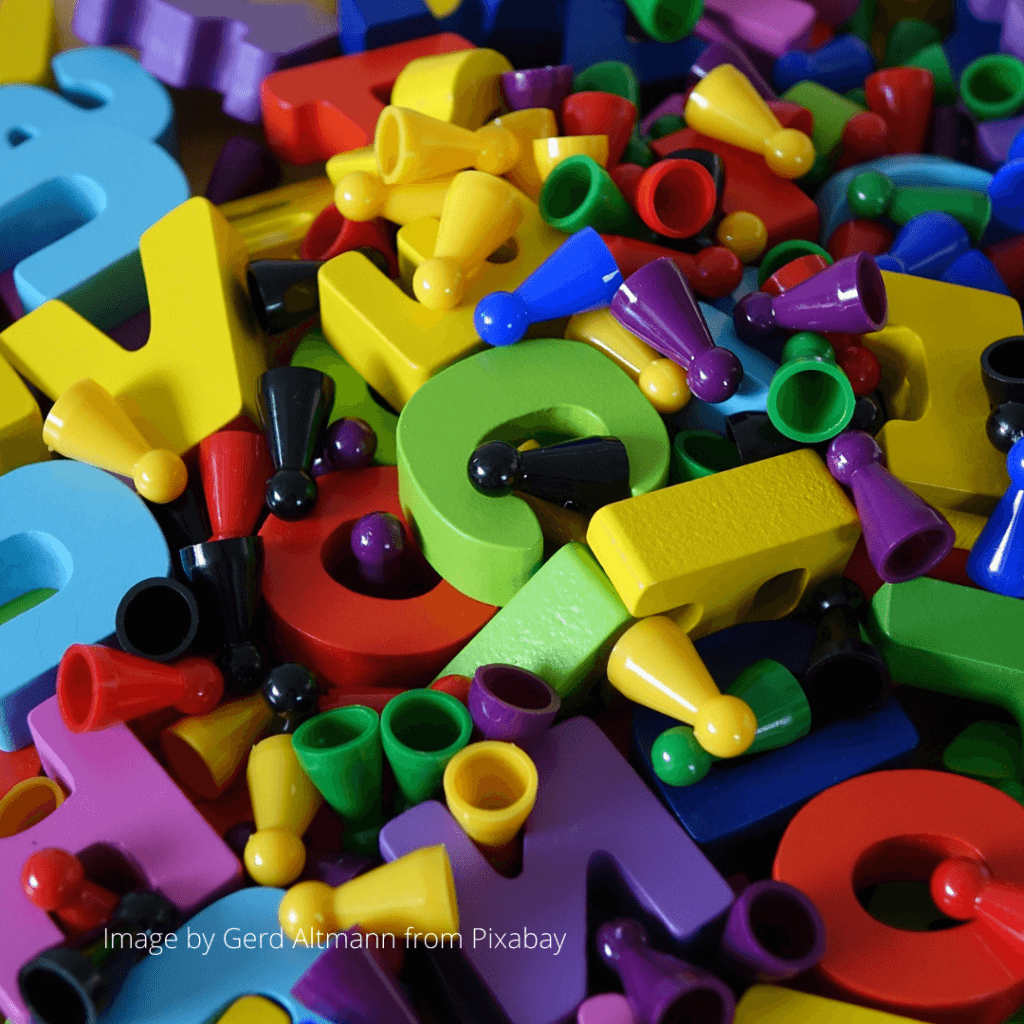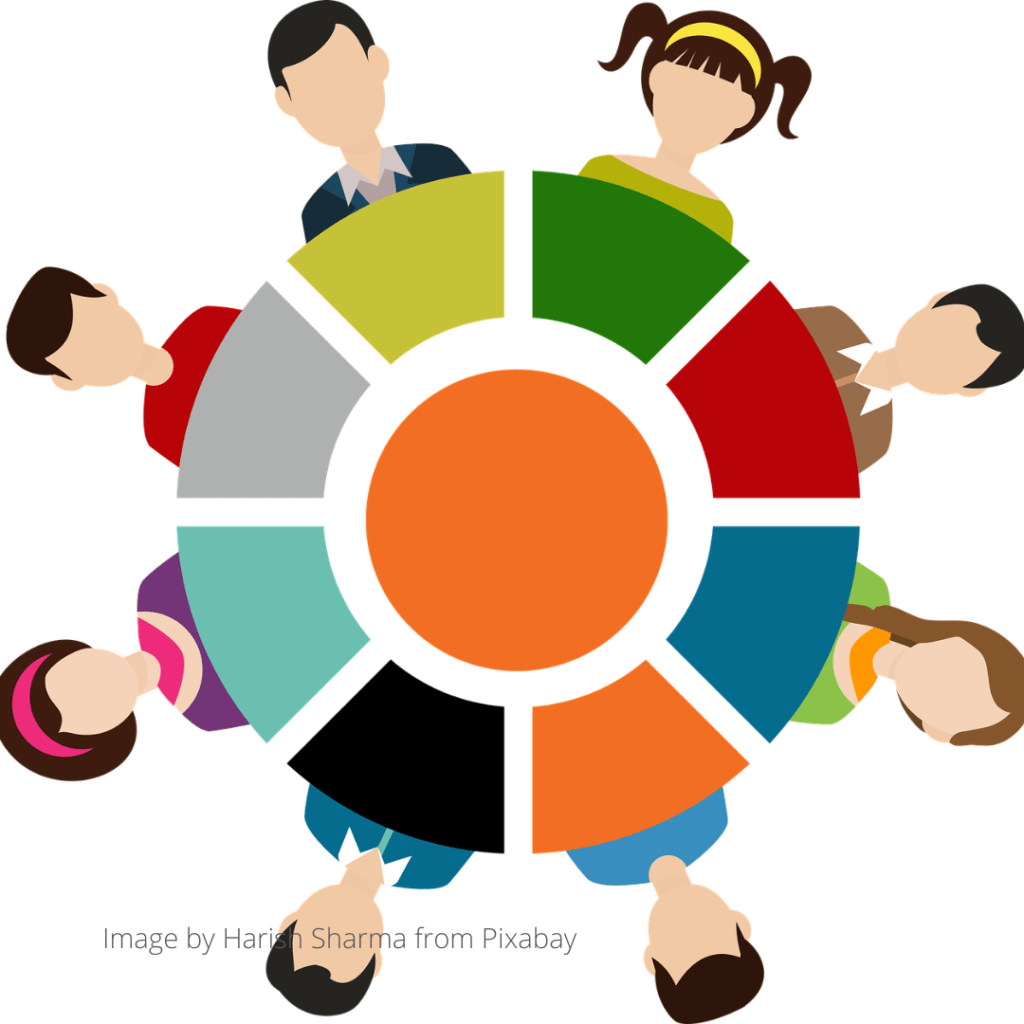
Specific learning disorder is a medical term used for diagnosis while specific learning disability is used in educational and legal settings where a person requires support in their learning ability. A person with specific learning disorder can expect accommodations to be made in their learning environment.
Based on the statistics from Education Week, 33% of students with disabilities in the United States had specific learning disabilities in their 2019-20 data.
What is Specific Learning Disability?
Learning disabilities are due to factors that affects a person’s cognitive ability that interferes with their basic learning skills such as reading, writing and / or math. It can also affect a person’s ability to plan, organize, reasoning, long- or short-term memory and attention span. Therefore, a learning disability may impact a person’s life in terms of academic, work and social interaction. Learning disability cannot be cured. However, with support and intervention, a person with learning disability can be successful in academic, work and personal life.
Types of Specific Learning Disability
There are various types of specific learning disabilities. Let’s look at them briefly.
Dyslexia

Dyslexia affects a person’s skill in word reading and spelling. Dyslexia International (2017) suggests between 5 – 10% of the population experience dyslexia. Some common dyslexia characteristics are memory, organizational, writing, reading and time management difficulties. Some may experience visual and auditory processing difficulties while others may have difficulties in their phonological awareness and verbal processing speed.
Dysgraphia
Dysgraphia affects a person’s writing ability as well as performing their fine motor activities. There are five types of dysgraphia, namely, dyslexic, motor, spatial, phonological and lexical dysgraphia. Dyslexic affects writing and spelling while motor affects hand agility and poor handwriting ability. Spatial affects the ability to space in between words or lines whereas phonological challenges the ability to decode a word. Lexical is a rare form of dysgraphia where it affects spelling ability.
Dyscalculia
Dyscalculia affects a person’s ability in understanding numbers. In research by Stefan Haberstroh, Gerd Schulte-Körne (2019), 3 to 7% of children, adolescents and adults suffer from dyscalculia. It is a condition that was not due to low intelligence or inadequate schooling. It is due to impairment in basic processing of numbers and quantities.
Non-verbal Learning Disabilities
These disabilities refer to challenges in non-verbal skills such as motor, visual-spatial and social skills. The challenges could appear in the form of remembering information however could not relate to the importance of the information. Alternatively, one of the challenges could be inability to read social cues and misunderstands events or circumstances.
Oral / Written Language Disorder and Specific Reading Comprehension Deficit
The disability goes beyond the ability of reading a word but more on understanding and application of words (dyslexia) or writing (dysgraphia). Therefore, a person can read a sentence or paragraph well, however, he is not able to comprehend the meaning or message the sentence or paragraph is trying to deliver. Or, a person is able to construct sentences but is having challenges to expand on his thoughts or ideas.
Supporting your child with Learning Disorder
Getting diagnosis may be a good way to start to understand your child’s condition. Teachers in school may be able to provide specific information on the challenges your child is facing. With this information, you can seek support from your child’s doctor or opt for formal diagnosis in order to seek relevant therapy or intervention for your child.
For example, teachers can make accommodations in teaching strategies by including hearing, vision and touch senses while delivering content. Alternatively, there are reading programs available that develop reading and comprehension ability via researched proven methods. For a child with non-verbal learning disabilities, social groups or cognitive therapy may support them in teaching them to manage situations in a social setting or dealing with unexpected circumstances.

Conclusion
Children with specific learning disability may appear normal or developing on par with peers. Signs and red flags occur when they are placed in a formal learning environment. It is important for parents to seek feedback from school or teachers to know if your child is facing specific challenges while in school. With their feedback, parents can seek for appropriate therapy or intervention to support your child’s learning.
Do get in touch with us if your child is facing challenges learning in school environment via WhatsApp +6018 2301 669 or email admin@mindstory.com.my to make an appointment.